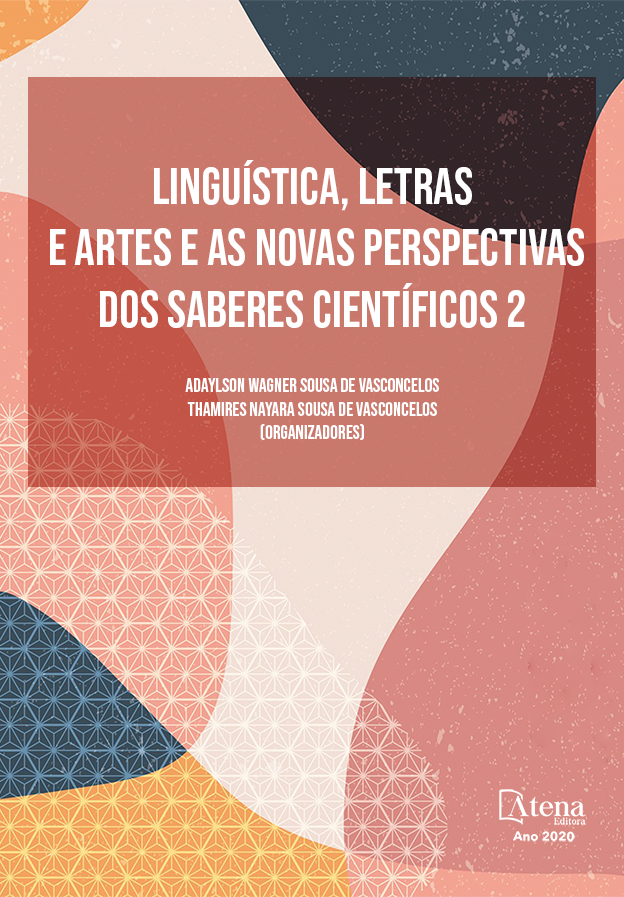
CARTA DE SÁ-CARNEIRO A PESSOA: A INSCRIÇÃO DO EU NO DISCURSO
Resumo: A fase de maior produtividade literária de Sá-Carneiro principia em 1912, após os devaneios do período estudantil. Em 1913, mais precisamente na carta datada de 26 de Fevereiro e que inclui a transcrição do poema inicialmente intitulado «Partida», inaugura-se o ciclo da explosão poética parisiense do autor. A febril correspondência epistolar entre Sá-Carneiro e Pessoa centra-se, a partir de então, em questões predominantemente literárias, pelo que assistimos a uma intensa troca de opiniões e de experiências poéticas entre ambos. Estes textos assemelham-se, simbolicamente, a sessões de psicanálise, na medida em que Sá-Carneiro transfere para Pessoa, à distância, a figura do seu analista confessor, o que é significativo se pensarmos que é precisamente no início do século XX que a psicanálise freudiana e a psicologia de William James adquirem particular relevância. Na carta em análise, assistimos, portanto, ao «nascimento» do poeta que, hesitante e inseguro, pede a opinião do seu mestre e amigo relativamente ao seu primeiro poema parisiense. Pelo seu forte pendor metaliterário, a carta funciona como uma espécie de laboratório onde o eu ensaia (e reflete sobre) as suas experiências poéticas e as do seu interlocutor. Deste modo, o objetivo desta comunicação é analisar a carta de 26 de Fevereiro de 1913, de Mário de Sá-Carneiro a Fernando Pessoa, tendo em conta, preferencialmente, as estratégias discursivas de representação do sujeito e as da sua relação com o outro. Não se pretende, contudo, dissociar, em termos metodológicos, estes dois eixos de análise por considerarmos que a relação com o destinatário, neste caso concreto, proporciona um melhor conhecimento daquele que se inscreve no texto na primeira pessoa. É também nosso intuito refletir criticamente sobre a constituição do sujeito textual, emergente no poema que acompanha a carta. Fá-lo-emos de modo a questionar a sinceridade do discurso poético e a divergência de posturas que o «eu» (embora não necessariamente coincidente) adota nos dois textos: na carta e no poema.
CARTA DE SÁ-CARNEIRO A PESSOA: A INSCRIÇÃO DO EU NO DISCURSO
-
DOI: 10.22533/at.ed.6382008127
-
Palavras-chave: Mário de Sá-Carneiro, Fernando Pessoa, identidade e alteridade.
-
Keywords: Mário de Sá-Carneiro, Fernando Pessoa, identity and otherness.
-
Abstract:
Abstract: The phase of greater literary productivity of Sá-Carneiro begins in 1912, after the daydreams of the student period. In 1913, more precisely in the letter dated 26 February and which includes the transcription of the poem initially entitled «Partida», the cycle of the Parisian poetic explosion of the author opens. The feverish epistolary correspondence between Sá-Carneiro and Pessoa has focused, since then, on predominantly literary issues, so we have witnessed an intense exchange of opinions and poetic experiences between them. These texts are symbolically similar to psychoanalysis sessions, in that Sá-Carneiro transfers the figure of his confessing analyst to Pessoa, at a distance, which is significant if we think that it is precisely at the beginning of the 20th century that Freudian psychoanalysis and the psychology of William James acquire particular relevance. In the letter under analysis, therefore, we witness the "birth" of the poet who, hesitant and uncertain, asks the opinion of his master and friend regarding his first Parisian poem. Due to its strong metaliterary inclination, the letter functions as a kind of laboratory where the self rehearses (and reflects on) its poetic experiences and those of its interlocutor. Thus, the purpose of this communication is to analyze the letter of February 26, 1913, from Mário de Sá-Carneiro to Fernando Pessoa, taking into account, preferably, the discursive strategies of representing the subject and those of his relationship with the other. However, it is not intended to dissociate, in methodological terms, these two axes of analysis because we consider that the relationship with the recipient, in this specific case, provides a better knowledge of the person who inscribes himself in the text in the first person. It is also our intention to critically reflect on the constitution of the textual subject, emerging in the poem that accompanies the letter. We will do it in such a way as to question the sincerity of the poetic discourse and the divergence of postures that the "I" (although not necessarily coincident) adopts in the two texts: in the letter and in the poem.
-
Número de páginas: 14
- Teresa de Lurdes Frutuoso Mendes
- Luís Miguel Oliveira de Barros Cardoso


